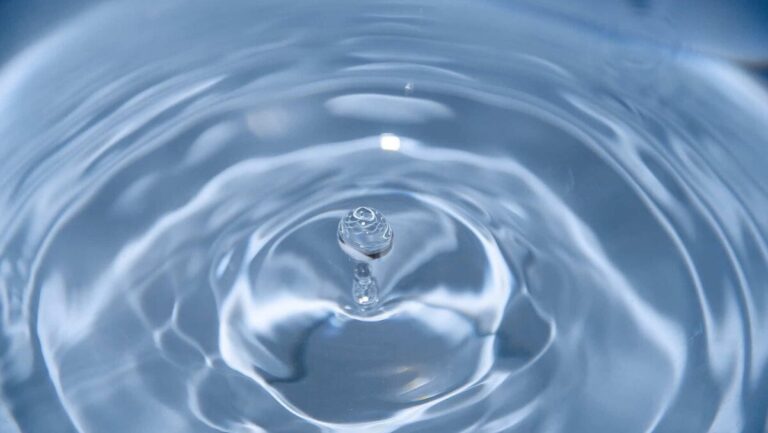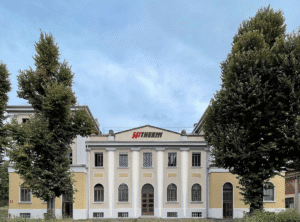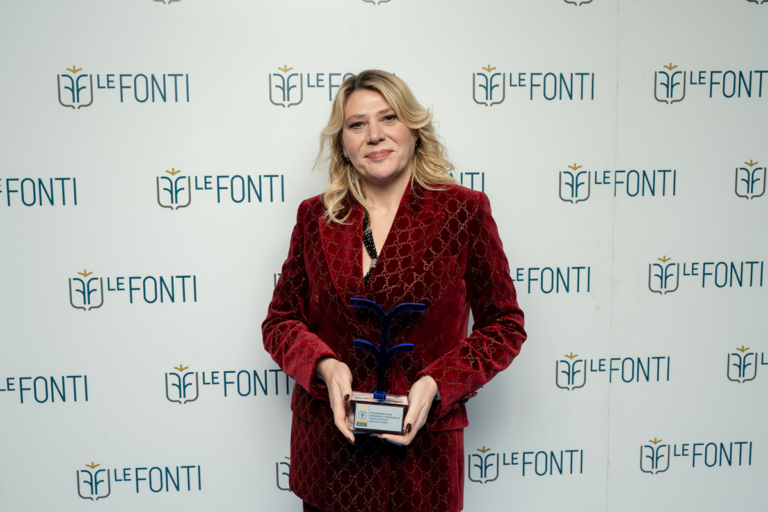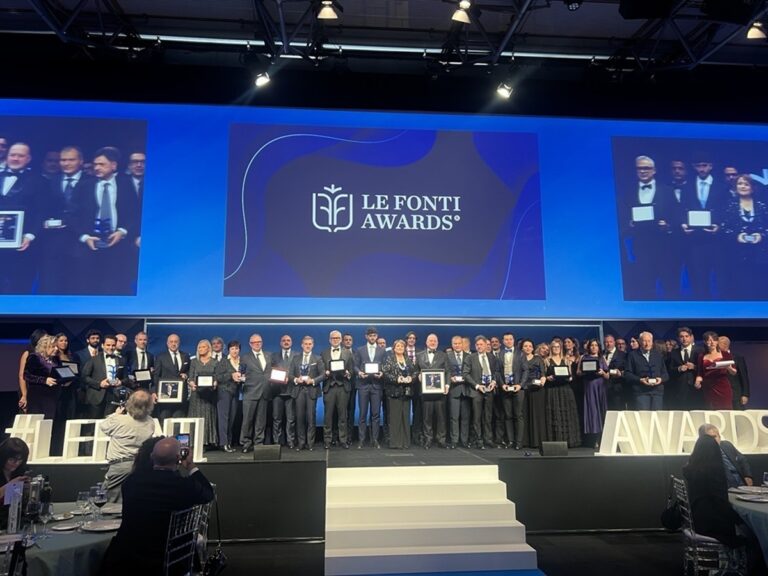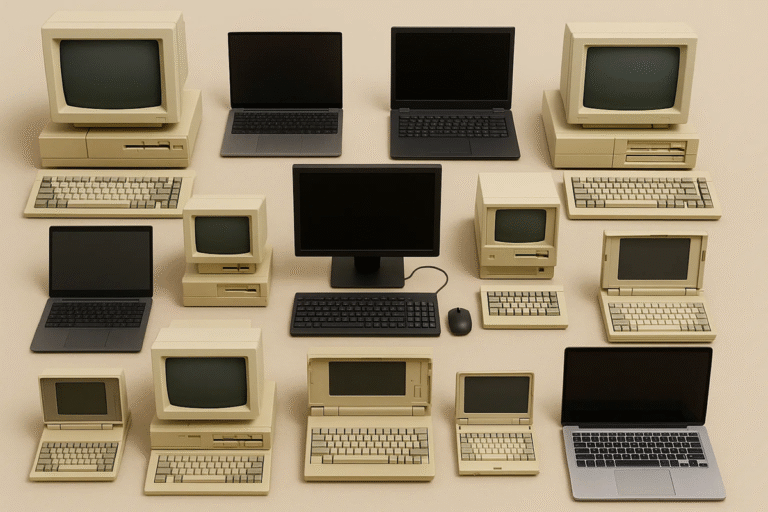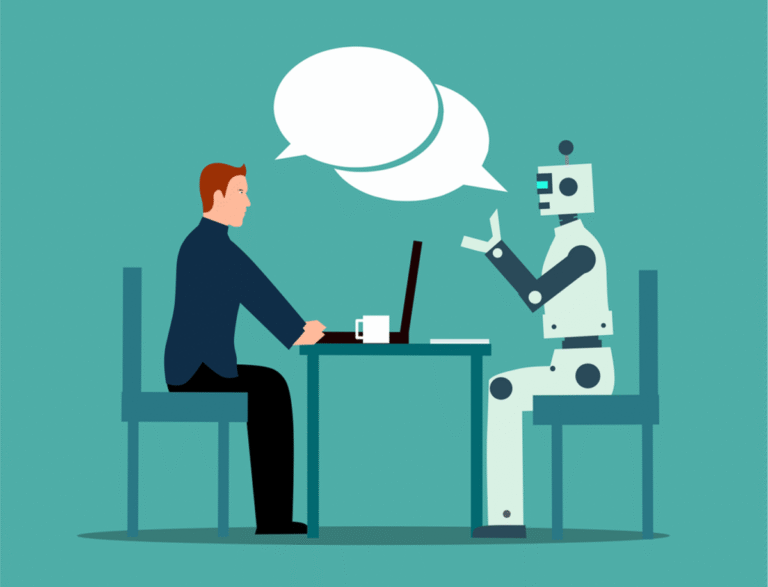The quality and safety of tap water in Europe vary depending on the region. While many countries offer tap water that is strictly monitored and safe to drink, there are areas where caution is necessary. This article will explore where tap water is safe in Europe, the risks associated with untreated water, and practical tips for ensuring safe water consumption.
Table of Contents
The European regulation on drinking water
The European Union has set stringent regulations on drinking water through directives aimed at maintaining high-quality standards. Water quality is regularly tested and monitored to ensure it meets safety requirements for consumers. However, rural and isolated areas may not always have the same guaranteed levels of water safety due to fewer resources for monitoring.
Countries where tap water is safe to drink
In most European countries, tap water is safe and undergoes strict purification and monitoring processes. Below is a list of countries where you can confidently drink tap water:
- Andorra
- Austria
- Belgium
- Croatia
- Denmark
- Finland
- France
- Germany
- Greece (excluding some islands)
- Iceland
- Ireland
- Italy
- Luxembourg
- Norway
- Netherlands
- Portugal
- Spain
- Switzerland
- United Kingdom
These nations provide high levels of water purification and consistent testing, ensuring the safety of tap water for human consumption.
Countries where caution is advised with tap water
In some European countries, the quality of tap water may not be as consistent across all regions. Bulgaria, Romania, and Hungary, for example, have areas where tap water does not meet the same safety standards as in more urbanized locations. In Montenegro, it is advisable to drink bottled water during the summer months, and in parts of Greece, particularly on the islands, locals and tourists often rely on bottled water.
Countries such as Albania, Kosovo, and Armenia generally recommend avoiding tap water altogether due to insufficient purification processes.
Risks associated with untreated water
In areas where tap water is not properly treated, contamination with harmful bacteria is a potential risk. Some of the most common contaminants include:
- Legionella
- Escherichia coli (E. coli)
- Pseudomonas aeruginosa
- Coliform bacteria
- Enterococci
These bacteria can cause serious infections, especially in individuals with weakened immune systems. For instance, Legionella is commonly associated with outdated water systems, while E. coli contamination often indicates fecal pollution.
How to prevent risks: Practical tips
To reduce the risks associated with unsafe water, follow these practical measures:
- Regularly check water quality in public facilities such as hospitals and hotels.
- Ensure proper sanitation of water systems in shared environments.
- Implement hygiene measures in both public and private spaces.
Taking these precautions can prevent bacterial contamination and ensure safe drinking water for all.
Benefits of drinking tap water
Despite some regional concerns, tap water offers significant environmental and economic benefits. For instance, families in countries like Italy who switch from bottled water to tap water can save substantial amounts of money and help reduce plastic consumption. This choice contributes to a lower environmental impact and promotes sustainability.
Read also: Will sustainable aviation fuels drive the future of air travel?

